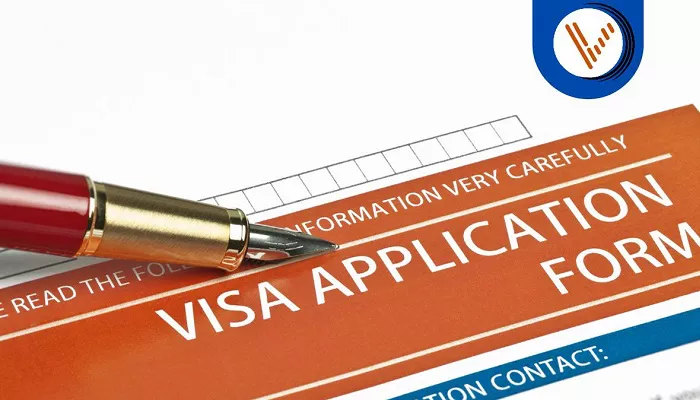Washington, D.C. – Almost 70,000 people have registered their interest in a new U.S. visa program called the “Trump Card,” which offers legal residency in exchange for a $US5 million ($7.7 million) investment. The program is being led by U.S. Commerce Secretary Howard Lutnick.
The Commerce Department launched the official website, trumpcard.gov, last week. Interested applicants can sign up by providing basic contact information, including their name, email, and region. The digital card shown on the site features an image of President Donald Trump, along with his signature, an eagle, the Statue of Liberty, and the American flag.
Lutnick revealed that the internal system already shows 67,697 people on the waiting list. Within just one hour, that number climbed to 68,703.
“The card will be made of gold. It will be beautiful,” Lutnick told the Financial Times.
“Donald Trump appreciates these kinds of things. He cares about how it looks. He cares about how it feels. If someone is making this kind of investment in America, we should give them something beautiful.”
Origin of the Idea
The concept was originally proposed by billionaire Trump supporter John Paulson. He suggested it as a way to boost U.S. revenue and help reduce the country’s $US36 trillion national debt.
According to Lutnick, the Trump Card would be especially attractive to global business leaders and companies who want to secure legal U.S. residency for themselves or their staff.
One anonymous CEO of a global tech firm told the Financial Times through a spokesperson that his company would be interested in buying over 100 Trump Cards if the program is launched. He said it would be “a way to welcome the world’s best and brightest to the United States—particularly entrepreneurs, engineers, and scientists.”
Comparison to Existing Visa Programs
The U.S. already offers a similar investment-based visa called the EB-5 visa, which Congress created in 1990. That program grants permanent residency to foreign investors who spend up to $US1.8 million in the U.S. In 2023, around 14,000 EB-5 visas were issued, according to trade group Invest In the USA.
However, Lutnick is pushing to replace the EB-5 with the Trump Card program. He said he hopes to roll out a much larger version of the scheme within a few months.
Sources familiar with the matter said the Commerce Department is aiming to distribute tens of thousands of Trump Cards during the northern hemisphere summer. Lutnick also said that issuing 200,000 cards could bring in $US1 trillion for the U.S. Treasury.
Promoting the Card Abroad
Lutnick recently traveled with Trump to Saudi Arabia, Qatar, and the United Arab Emirates. He used the trip as an opportunity to pitch the Trump Card to foreign dignitaries and investors.
“Whenever I meet with international executives, I always go through it with them and sell it to them,” Lutnick said. “I can’t help myself.”
Program Still Under Development
While promotion is underway, key details of the program are still undecided. For example, a special tax structure for Trump Card holders has not yet been finalized.
It is expected that applicant screenings will be handled by the Departments of Homeland Security, State, and Commerce. However, it remains unclear if citizens from certain countries will be banned from applying. The White House currently has travel bans in place for citizens from a dozen nations and is considering expanding the list.
Back in March, Lutnick said on the All-In Podcast that the Trump Card program would launch within two weeks, but it has not yet officially started.
Tax Concerns for Foreign Buyers
Some potential investors are cautious. Paolo Ardoino, an Italian billionaire and CEO of Tether, said tax obligations are a major concern for foreign residents in the U.S.
Ardoino, who also partners with Lutnick’s former company Cantor Fitzgerald in a cryptocurrency venture, noted that Americans are taxed regardless of where they live.
“The problem for Americans is that wherever they go, they have to pay taxes in the U.S.,” he said.
“I didn’t research into it, but I live in Switzerland and El Salvador. Why should I [buy it]?”


